The flamboyant Prince, who became the highest-paid performer in popular music this month, is the high-stepping subject of an entertaining television biography Saturday on a new cable series called ``Rave.``
``Rave`` will premiere at 10 p.m. (it will be reshown at 2 a.m.) on A&E, which calls the series a ``performing arts showcase.`` The host is Ann Magnuson, best known for her portrayal of magazine editor Catherine Hughes on the ``Anything But Love`` comedy series.
Magnuson has comparatively little to do, because the hour is mostly consumed by ``The Prince of Paisley Park,`` a documentary produced by the BBC. It skips about through Prince`s career from 1979 until this year.
This biography was completed before Sept. 3, when Prince signed a $100 million deal with Warner Bros. Records, which named him a vice president of the company and agreed to pay him $10 million per album, starting with his next one next month.
His nine-figure deal topped recent eight-figure pacts by Madonna, who signed with Time Warner Inc. for $60 million this year, and Michael Jackson, who settled for $50 million from the Sony Corp. last year.
Prince, 34, was named Prince Rogers Nelson when he was born in Minneapolis, the son of a jazz musician. He burst into stardom 13 years ago with his third album, ``Dirty Mind.``
``Prince was not really shocking until the `Dirty Mind` album,`` critic Nelson George says in the show. ``The first two albums, he was sort of a cute little Stevie Wonderesque kind of guy.`` That image changed sharply, George recalls, when Prince started strutting on stage in costumes including ``high- heel suede boots, black bikini underwear. He profited from building a mystique: Is he a boy? Is he a girl? Is he black, is he white? That drew us in, made us listen to the music more closely.``
If the music hadn`t been worth listening to, Prince probably wouldn`t have lasted any longer than Boy George, another androgynous artist, who enjoyed only a brief career. Instead, Prince grew steadily more popular through the first half of the 1980s, an establishing phase of his career culminating with his ``Purple Rain`` album in 1984.
This adulatory hour chooses to mostly avoid discussion of Prince`s movies, such as ``Purple Rain`` (1984) and ``Under the Cherry Moon`` (1986), which have mostly been turkeys.
A bigger hole in the show is that it includes no comments from Prince himself.
Clips from many of Prince`s music videos are presented, ranging in time from 1980s hits like ``When Doves Cry`` down to 1991 crowd-pleasers like
``Cream`` and ``Gett Off.``
No song is shown in its entirety, however, which may aggravate you after a while. Call it ``music interruptus.``
On the plus side, the BBC was allowed to peep inside Paisley Park, the $10 million complex Prince built in his hometown.
Numerous naysayers thought it would just be some kind of grotesque toy, Prince`s version of Graceland, but it has proven to be a successful production facility.
http://www.gq-magazine.co...ocumentary
Before he became a symbol, a Jehovah's witness and one of the world's last anti-download crusaders - the purple genius was briefly the biggest artist in the world. Prince Of Paisley Park, a rarely seen Omnibus documentary of his early career, focuses on the creation of his record label. This was the first time the notoriously secretive singer let cameras into his studio and contains rare and cherished footage behind the scenes, including film of the concert where he first recorded "Purple Rain". Talking heads include Paisley artists Sheila E and Mavis Staples and a host of music journalists providing an insight into one of the 20th century's most intriguing rock figures - although as anyone who has heard 20Ten will testify, the claim that Prince could "write a hit in 20 minutes" does date it slightly.
 New topic
New topic Printable
Printable

 Report post to moderator
Report post to moderator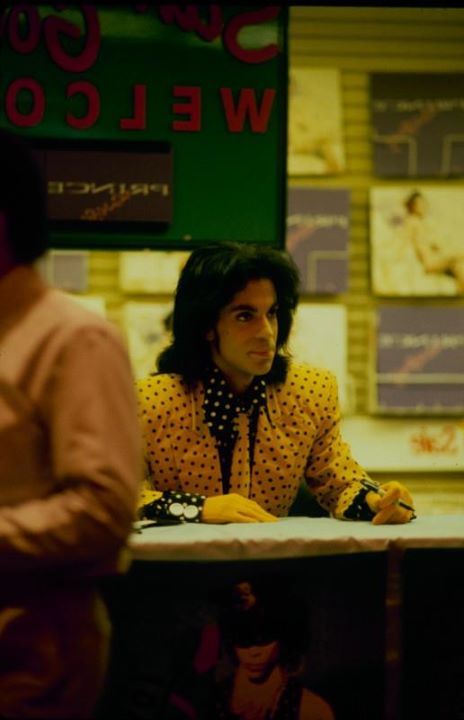


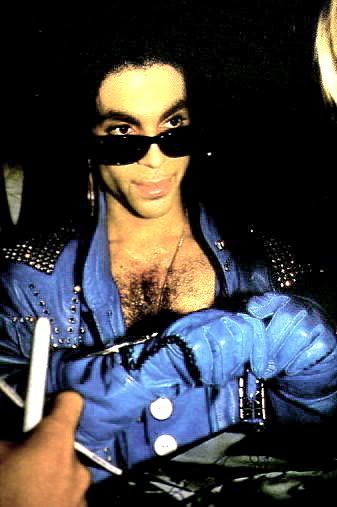









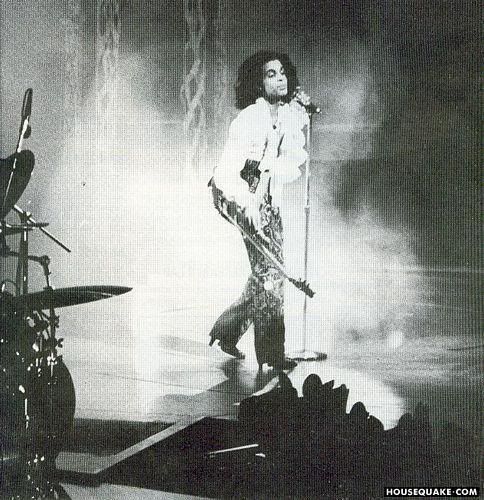

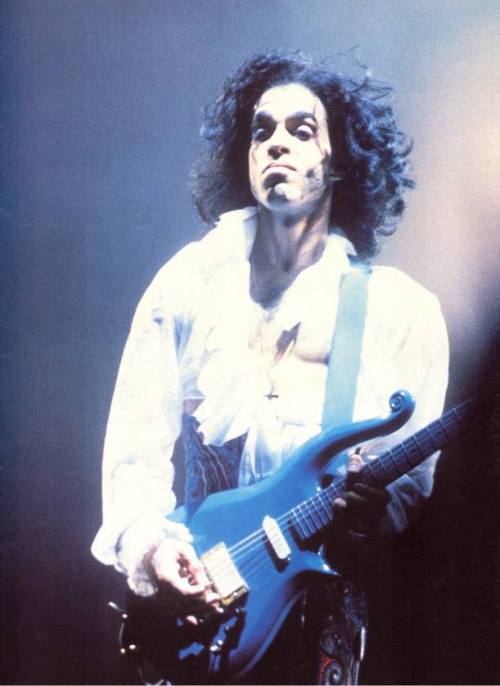

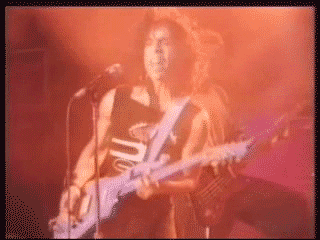
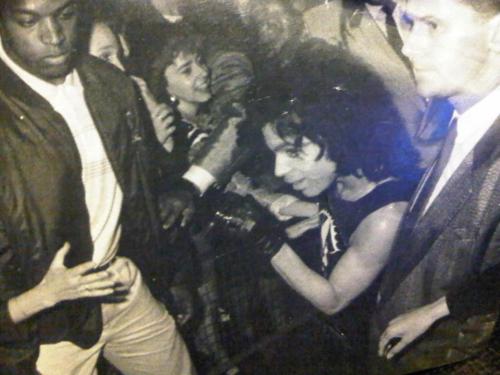
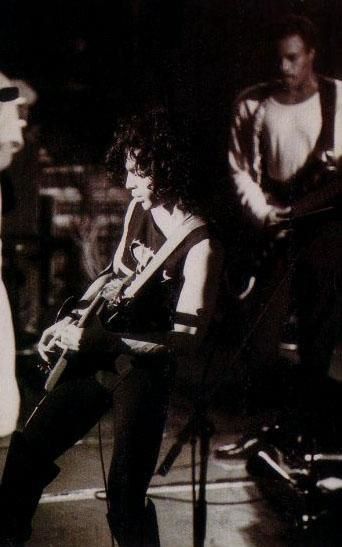
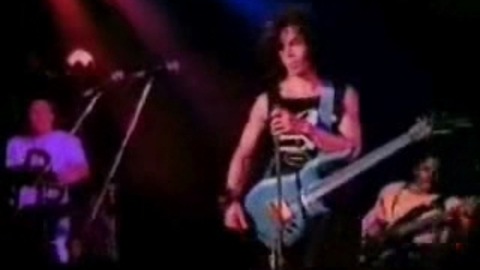


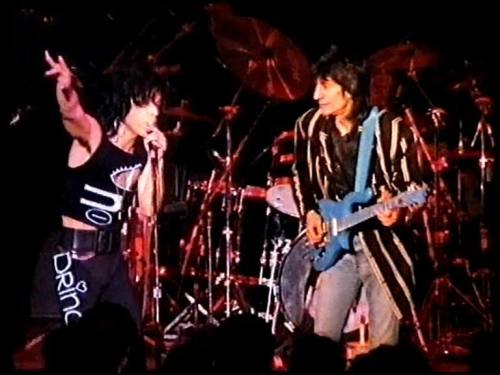
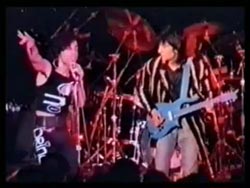




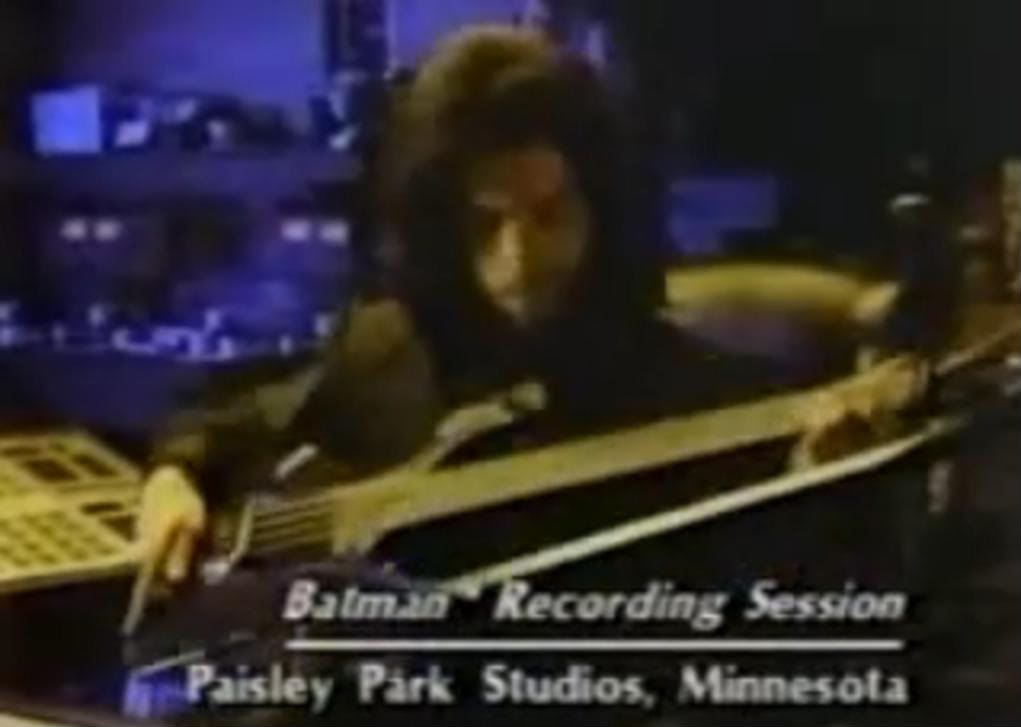





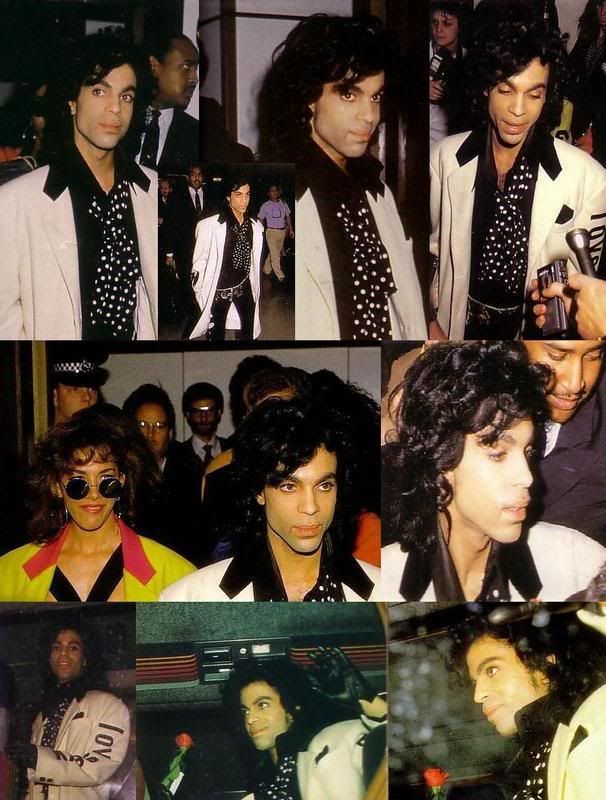


 moderator
moderator
 no that Sade was right singing never as good...
no that Sade was right singing never as good...



